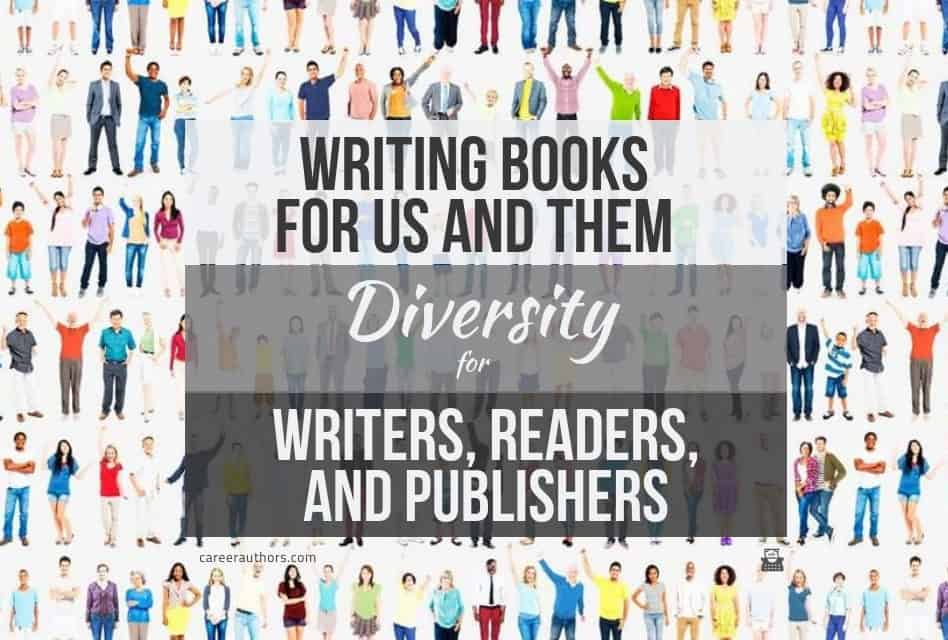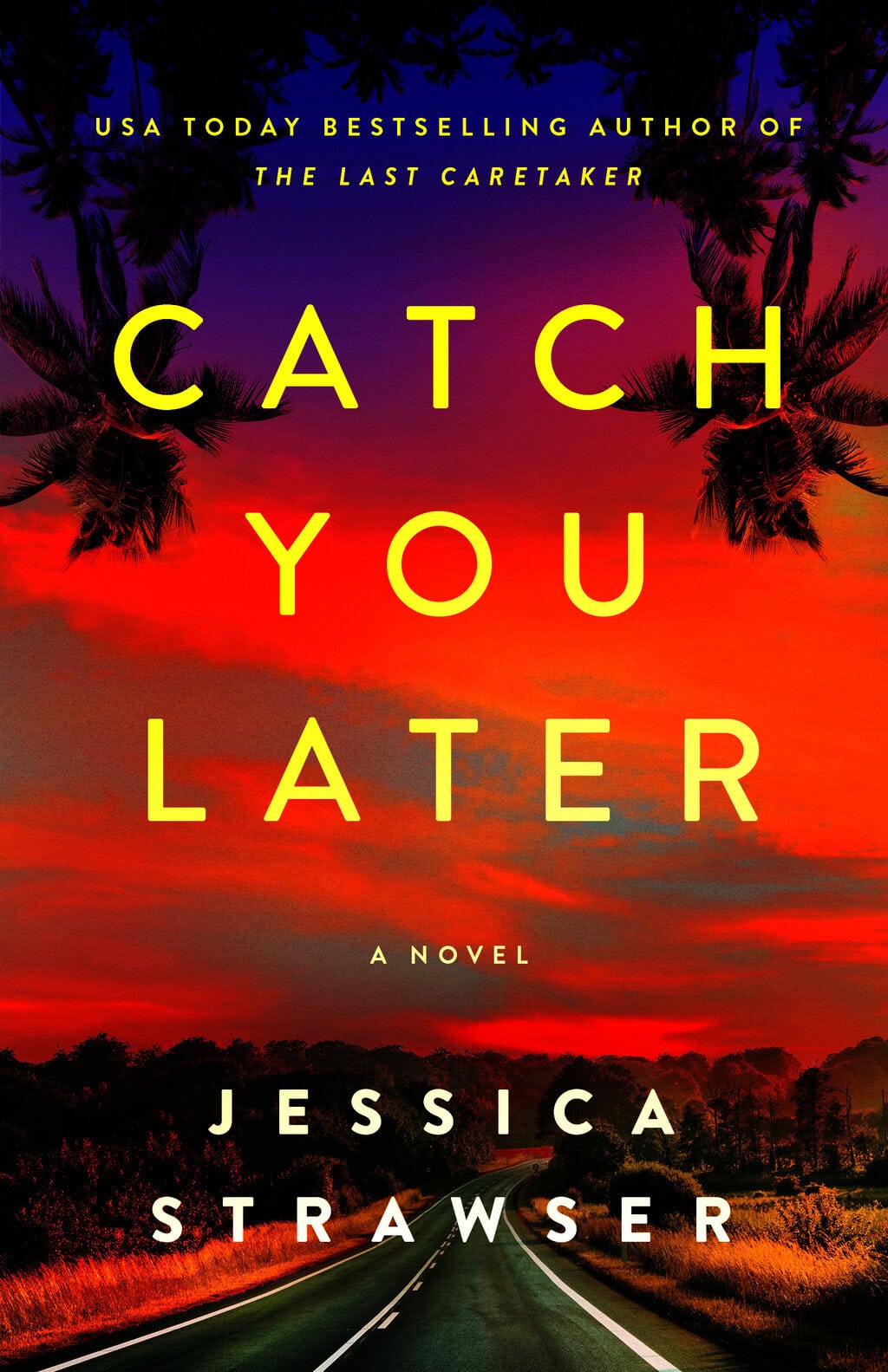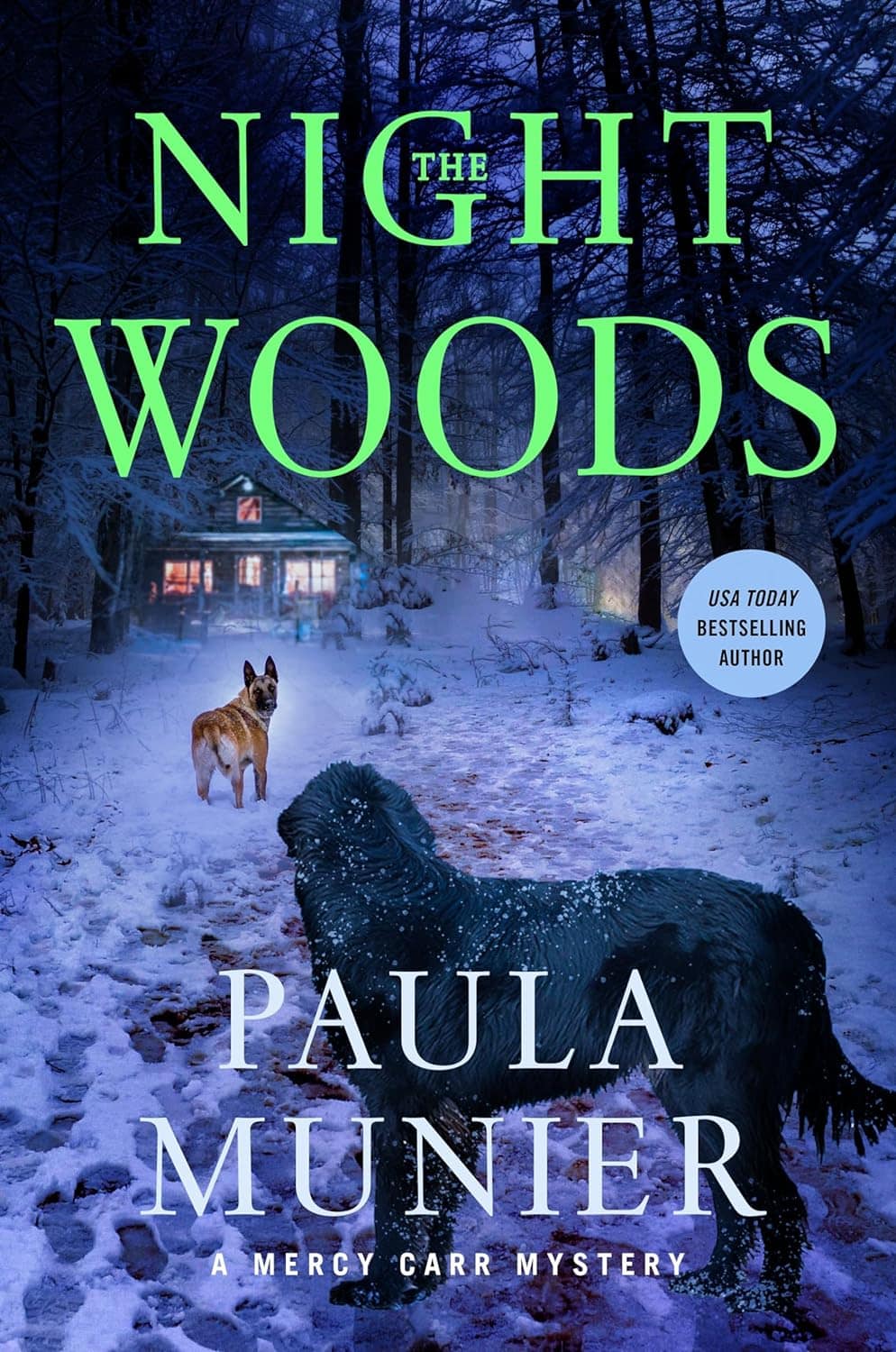I’ve edited bestselling authors from a myriad of worlds with vastly different viewpoints: Judge Robert Bork, Michael Chertoff, GenXer Doug Coupland, Irish rebel Gerry Adams, conservationist Mark Kurlansky, activist Rita Mae Brown, among others. I never questioned whether any of these authors should be published. I believe all voices should be heard.
In my editorial role, it doesn’t matter if an author makes a point with which I personally disagree. I strive to help that author clearly articulate their vision, making it comprehensible to readers.
I sometimes encounter passages in which I fear a novel’s readers may misconstrue an author’s intent—for example, a hypothetical margin note might read, “I worry some readers could view the portrayal of this character as stereotypical. Want to tweak the characterization so the character becomes more vividly real for readers?”
Ick
Err. Actually, I feel the need to digress, recalling an anecdote illustrating a notable exception to my high-minded “publish everyone” screed just above. Years ago, with a millisecond’s adeptness, an assistant clicked through a telephone caller that had been bothersome to my boss: “Dana, David Duke for you.”
Oy! The former Grand Wizard of the KKK had heard that the imprint where I worked published “controversial books,” as he put it, and Duke had a book to sell. My last name made him assume I was Jewish so I proudly was for that one day. Astonishingly, he quickly told me how before World War II the National Socialists had a plan to settle European Jews in Madagascar. I managed to end the call. Unfortunately, only later did I think of all sorts of wise, witty, pornographic comebacks I might have lobbed back at him.
Anyway—him. He shouldn’t be published.
Hate speech should not be published.
Economics of Diversity
The big publishers release titles from across the political spectrum. While some of their imprints may have an ideological focus, many cross boundaries. Why are publishers so fair-minded? Well, it’s not exactly that: it makes economic sense for Macmillan to publish Michael Wolff’s Fire and Fury while simultaneously having a conservative imprint All Points Books. Simon and Schuster sells Hillary’s What Happened and Ivana’s Raising Trump.
While there’s an ongoing publishing saga of underrepresentation among numerous groups, still, when authors like Margaret Atwood, Kevin Kwan, Jesmyn Ward, Ta-Nehisi Coates, David Sedaris, and Caitlyn Jenner sell huge numbers of books, surely some progress is being made.
Shhhh!
Some popular career authors have been criticized for expressing their political opinions on their own Facebook page. One bestselling author who, after expressing her opinions about the president—she “refuses to shut up”—got online responses like, “I didn’t come here to read this. I used to love your books and will never buy them again.” One outraged commenter promoted a phone campaign against this writer to her publisher. Undeterred, this career author politely responds to these comments with “Bye!” It seems sad that online cranks are depriving themselves of her delightful novels, which they formerly loved.
Freedom of speech is a constitutional right that I hope we can agree to endorse, especially in forums created for just that.
Disagreement among friends or colleagues is not a deal-breaker.
Robin Williams said, “A friend is someone who listens to your bullshit, tells you that it is bullshit and listens some more.” Are not authors and their readers friends, or at least participants in a meaningful dialogue?
Sensitivity
While non-fiction political potboilers are selling like hotcakes, these days fiction featuring politics or political characters are a tougher sell. Fiction readers want to escape the overwhelming daily barrage of politics. But that doesn’t mean alternative or oppositional voices should not be heard from within works of either non-fiction or fiction.
Often when I ask writers whom their intended readership is, they answer, “Everyone!” If so, it’s wise to include diverse opinions. In their work, a writer may cloak themselves in anonymity, but their own perceptions and viewpoints naturally inform their literary labors. Adept (or perhaps “woke”) fiction writers may question their ingrained viewpoint, sometimes with oppositional characters. If novels are about character growth, conflict and debate are necessities. Career authors of fiction have ample opportunity to provide voices in counterpoint. It could be in their protagonist’s thoughts or the dialogue of others.
Fictional characters may passionately debate hot-button issues that folks are reluctant to voice in public these days.
Authors may also discover their characters are free agents. Hank Phillippi Ryan has spoken of how hers often do just as they please while she breathlessly records their actions and words on her laptop.
Alternative viewpoints
It’s not necessarily that you are writing a novel with a political agenda but instead more inclusively exploring the world at large. Rita Mae Brown says she doesn’t write “gay novels” because that would limit the scope of her fiction to a particular group of people.
Beyond their vast imaginations, careful observation and research, career authors have additional tools at their disposal to portray with accuracy people different from themselves. It’s fairly common for writers to seek and use feedback from a crew of beta readers—often friends and other kindly acquaintances.
Just lately, specialized services of this sort have been monetized. Career authors whose work explore alternative POVs may hire “sensitivity readers” to vet their books—specialized beta readers. For example, an African American author might hire a Native American reader to verify they are correctly describing Pueblo burial traditions. This sensitivity reader might reflect on other aspects of the book, perhaps a character’s emotions, discussing their own reactions in similar circumstances.
To some, this raises the question of whether political correctness or groupthink could inhibit the creative fiction-writing process. I’d counter that it allows another informed and interesting voice to be heard from the cast of characters, which during revisions an author is entirely free to heed or not. It seems a positive development for storytellers to seek inclusiveness. Raising questions is a good thing.
Seditious reading
Readers who carefully avoid political discussions at parties, family gatherings, and other public forums may still curl up with a Maya Angelou novel, or sneak a read of Ayn Rand’s The Fountainhead to see what all the fuss is about. Dan Brown might do the trick, or perhaps Tom Perrotta. Maybe dipping into a Sophie Kinsella novel or Harlequin romance is what some readers might crave at just that moment. It’s no longer a problem to shield book covers, and expanding literary horizons is greatly encouraged.
Your mission, should you accept it…
Even as certain writers leave little in their plots to interpretation, it remains the reader’s task to sort through ideas and come to their own conclusions. Over a hundred years ago, the novel Uncle Tom’s Cabin altered the dialogue about slavery. In more recent times, Judith Rossner’s Looking for Mr. Goodbar caused a public discussion of misogyny and womens liberation. Bret Easton Ellis went more bonkers in the misogyny direction in American Psycho. Salman Rushdie’s The Satanic Verses launched hysteria, as well as a debate on satire. And E.L James… um, well… Can fiction be just as influential and powerful today?
In divided times, books provide a time-honored forum for meaningful discourse among writers, readers, and thinkers about contemporary issues. In your writing, without restraints or fear of criticism, seek new angles and POVs. Can you address opposing views? Literature can be a provocateur, a liberator, and potentially a unifier.
Can you recall a book that drastically changed your viewpoint, or unexpectedly opened up a new world for you? Share with us on Facebook.





